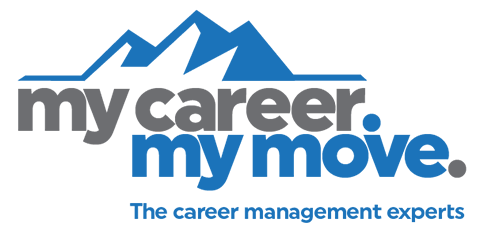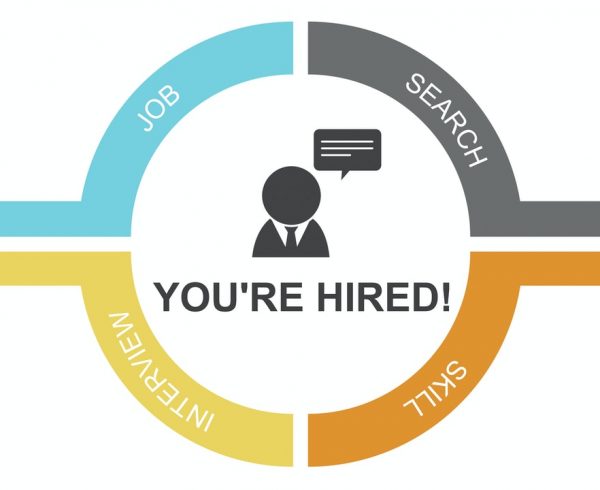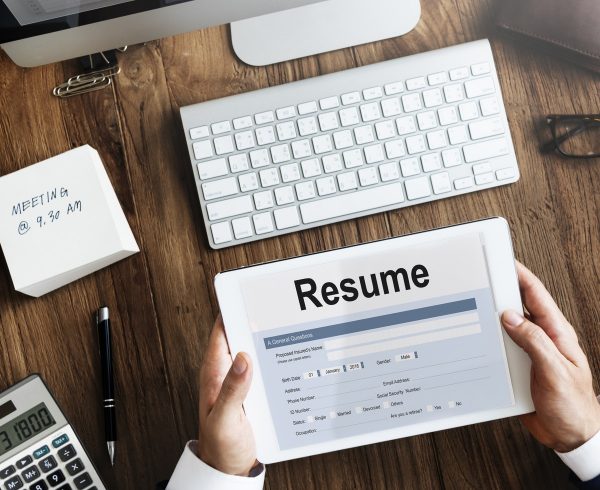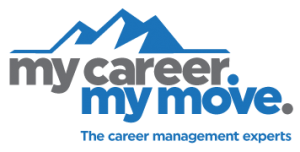It is fair to assume that in most interviews you will be asked you to talk about some of your strengths and, sometimes, some of your weaknesses. Often, the question regarding your weaknesses will be disguised as something along the lines of “tell us about an area that challenges you” or Tell us about an area at work that perhaps isn’t as strong for you”.
If you are like most people, it is difficult to answer this question without reeling off a long list of areas YOU wish you were better at! To be fair, there is no other interview question that feels like more of a trap – and that worry most about how we’re going to answer!
If you are too honest, then you’ll be talking your way out of an offer and if you’re not honest enough, vague or even elusive you’ll lose credibility. Sound familiar? Then here are some useful steps to help you answer the question professionally and positively.
Step 1 – Identify your weaknesses
It’s important to keep in mind WHY the question is being asked (and it’s not to trip you up!). Normally it is to see if you are self-aware enough to recognise a flaw, and if you have been self-motivated enough to fix it. So, when you identify your weakness be sure that you have been able to overcome it.
The first step is identifying an area that you know you are weaker in. It is likely to be something that presents a challenge to you but can also be turned into a positive in a professional or work situation.
Some weaknesses will be easy to identify, but there could be others that are off your radar. One way to evaluate your weakness is to reflect on a time where you faced a challenging situation – how did you approach it? Or you could think about your day to day tasks – how do you approach them?
Another way to identify areas that may be considered a “weakness” is to ask family and friends – but be prepared to take the feedback on the chin!
Here are some examples that may feel familiar to you:
- Likes to be in control – struggles to delegate
- Self-critical
- Can be sensitive to feedback
- Doesn’t like public speaking
- Avoids conflict
- Perfectionism
- Disorganised
- Lacks confidence
- Doesn’t speak up or express an opinion
- Procrastination
Step 2 – Determine Relevancy
Once you have identified your weaker areas, determine the relevance to the job you are applying. Before the interview, anticipate these kinds of questions and have a couple of examples up your sleeve. Be sure to read over the job description as this will help you identify relevancy for areas of both strength and weaknesses.
Step 3 – Prepare your examples
Be sure to strike the balance between being prepared and being seen as scripted. You want to sound relaxed and confident, not negative or defensive! When preparing your example think about what you learned from a situation and how you fixed it.
Try not to rely on cliched examples. Instead of “I tend to be a perfectionist” – which I am sure the interviewer has heard a thousand times before, say “I can get distracted in the little details, which can prevent me from reaching the ultimate goal as quickly as I could”.
Some examples:
- “I can get distracted in the little details, which can prevent me from reaching the ultimate goal (perfectionist). I have learned that this can frustrate my colleagues and cause pressure when reaching for a deadline. As a result, I make sure that I plan my time effectively by breaking down the project into mini tasks, each with their own deadline. That way if I spend too long on one area, I can return to it later (and be more objective about it). This means I don’t compromise on my work, but I stay within target.”
- “I can be very critical of myself which means I don’t always feel fulfilled with the work I complete, this in turn can make me seem unsatisfied to my peers. When I was younger, this lead to burn out and feelings of inadequacy. One solution I have implemented is to actively pause and acknowledge my own efforts, but also to recognise my team and other support systems.”
- “My biggest weakness is that I struggle to say no to requests and end up taking on more than I can handle. In the past, this has frustrated my colleagues who have been let down by sloppy work, or deadlines being overlooked. Now I use a time management technique that I learned at university so I can visualise how much work I have at any one time and know if I have capacity to take on more.”
- “I can be a bit disorganised. During my early high school years this led to difficulty in completing assignments on time, which lead to low grades. I sought out help and learnt the importance of being able to prioritise my workload and allocate sufficient time to complete my tasks.”
Step 4 – Practice
Preparing will only get you so far; you need to practice your responses out loud and with a trusted friend or family member. This will ensure you sound relaxed and natural in delivering a confident response.
Remember to be concise, don’t feel like you need to go into great detail. Keep it brief and avoid sounding negative or overly defensive! Remember the interviewer is looking for self-awareness here and what you have learned from your weaknesses at work.







